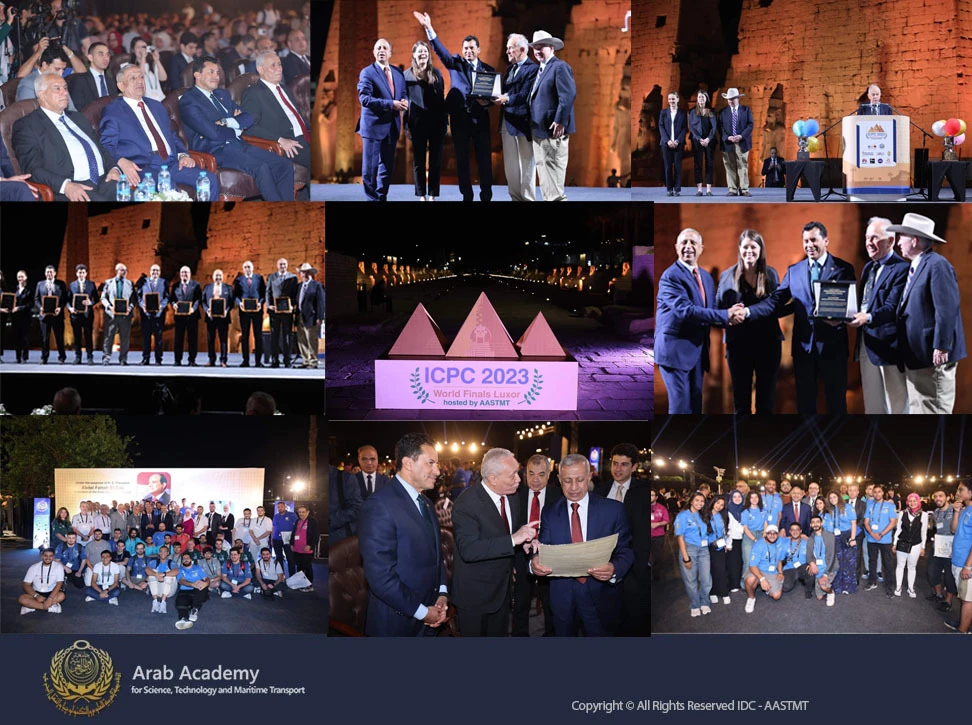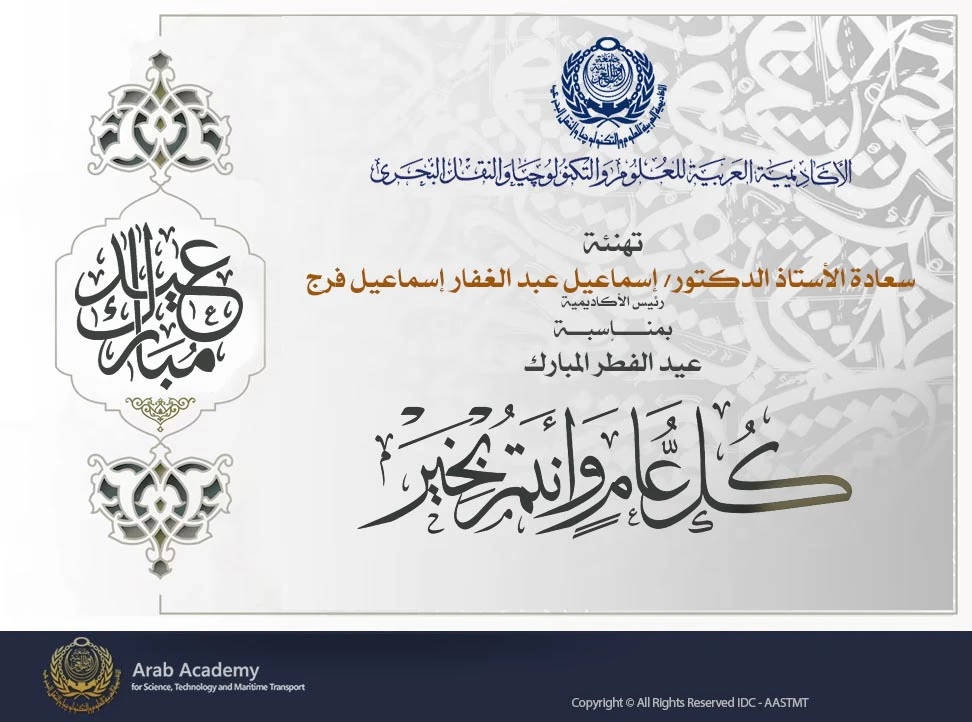
The Sustainable Development and International Cooperation Administration is organizing a workshop on "Artificial Intelligence for Sustainability" under the patronage of His Excellency Mr. Ahmed Aboul Gheit, Secretary-General of the Arab League, and His Excellenc





 -->
-->
-->
-->
-->
-->
-->
-->
-->
-->




















































